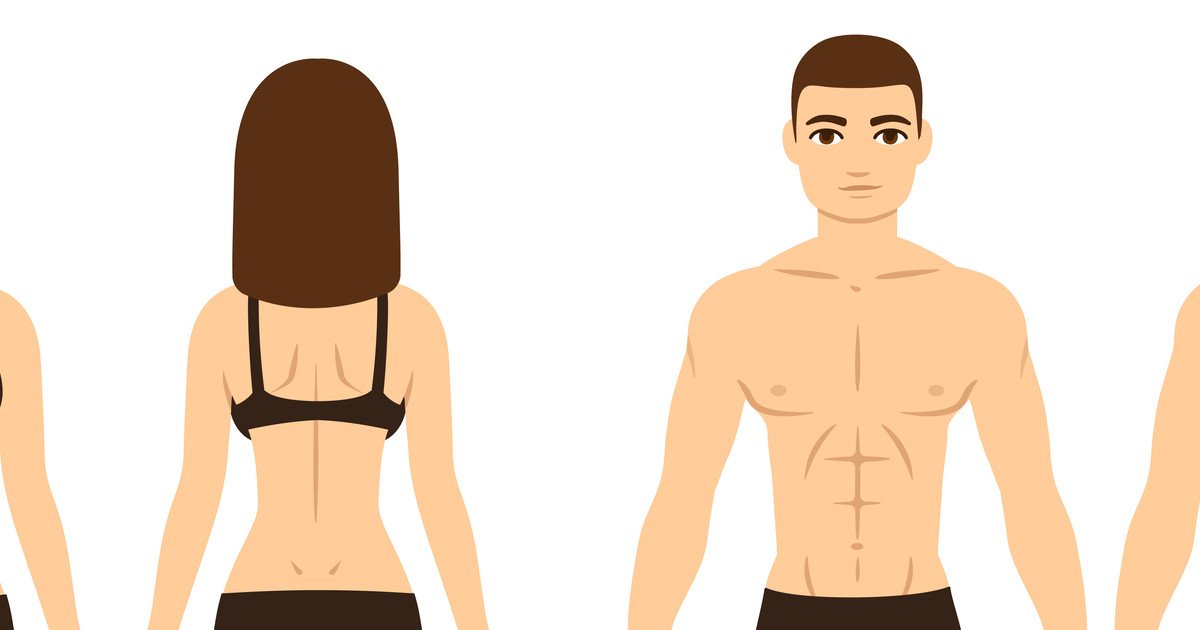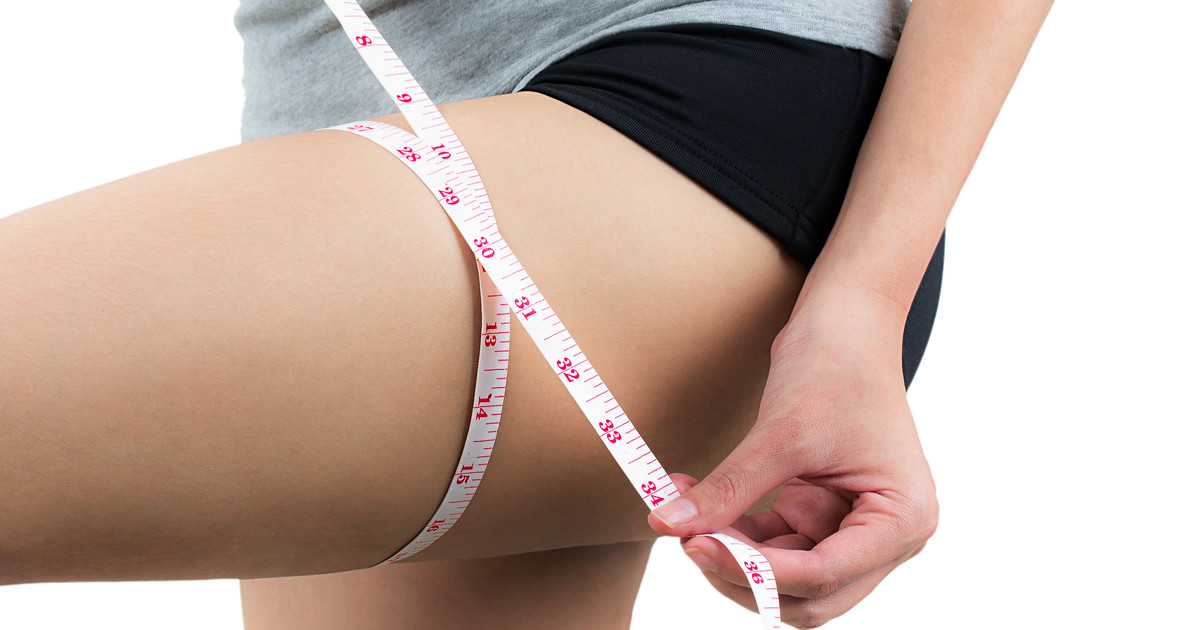Guide To The HCG Diet
The HCG diet is considered revolutionary by most standards, a fad by others, and a means of responding to how the body is naturally inclined to receive and burn fuel to stay fit and trim by the author of the book Pounds and Inches: A New Approach to Obesity. Among his many successful pursuits in medicine, British physician A.T.W. Simeons is famous for his theory published in 1954 that dares to suggest how anyone desiring a rapid weight loss method can make use of his rather unusual diet protocol that incorporates the use of human chorionic gonadotrophin.
As it is commonly referred to, HCG is produced in the first trimester of pregnancy by the cells formulated in the placenta. HCG also aids in the secretion of progesterone. The United States Food and Drug Administration has approved the use of HCG for infertility treatment, but it is not approved for any over-the-counter purchase for any use.
Learn about the HCG diet now.
HCG and Weight Loss

While diet results apply to everyone individually, it is possible to lower the intake of foods that promote the way the body naturally stores fat. Dr. Simeons theorized that the addition of HCG could help individuals access these fat reserves to shed unwanted pounds. Quite simply, HCG returns abnormal fat to the circulation process, something other diets cannot do. Comprised of two components, the diet is a strict low-calorie plan coupled with the HCG hormone delivered by injection.
It is important to recognize that while many express their idea of this diet, few define it as clearly as the book itself does. By understanding the three theories of obesity as explained by Dr. Simeons, it is possible to respond to how the body stores fat and therefore take steps to counteract this effect. While countless diets effectively achieve the same thing, the difference with this one is the addition of HCG, which serves to access certain stores of fat to help sculpt the physique while rapidly shedding weight.
Changes in Body Composition

There are many different diet protocols designed to target specific body areas to trim down and help you achieve your ideal shape and weight. Since HCG helps regulate both estrogen and progesterone levels, it can be beneficial for women who want to change body composition. Estrogen and progesterone may, in part, cause weight gain in certain areas of the body, such as the breasts, the thighs, and the posterior. HCG naturally boosts testosterone levels in men, which is important in attaining the male physique.
While visceral fat is necessary to protect the organs, hormonal imbalances and insulin resistance tend to cause such weight gain, typically in the abdominal cavity. The difficulty with trimming this area is that it is hard to treat and generally does not respond to conventional diet and exercise routines. This is how HCG has proven successful as an episodic complementary therapy to a weight loss regimen. It also works for those stubborn areas such as the upper arms and lower legs. In addition, HCG helps suppress appetite, which helps regulate hunger associated with hormonal imbalances.
Phases of the Diet

The HCG diet protocol is laid out in three phases. The first is the loading phase, where the patient receives HCG injections coupled with eating plentiful high-fat, high-calorie foods but only for the first two days. The second is the weight loss phase, where the patient continues to receive HCG injections but is limited to two 250 calorie meals, lunch, and dinner, every day for three to six weeks. For those seeking minimal weight reduction, three weeks should be enough. Those looking to achieve significant weight loss can go the full six weeks. The third and last phase is maintenance, where the HCG is stopped altogether, and food intake is gradually increased while still avoiding sugars and starches for the following three weeks.
The phases of the diet are repeatable. However, it is recommended that you stop using HCG once you have reached your goal or if it is not working for you. It should only be used for a maximum of two to three months with a break in between if you plan to repeat the diet phases.
Foods Allowed on the Diet

The HCG diet substantially limits your caloric intake to no more than 500 per day after the first two days of high-calorie foods. It is basically outlined to cover two meals a day, skipping breakfast. Most of your calories will come from the recommended protein sources in the 3.5-ounces of lean, fat-free meat or fish such as chicken, egg whites, extra-lean ground beef, buffalo, white fish, shrimp, scallops, or lobster.
You are allowed limited fruit such as oranges, lemons, apples, blueberries, strawberries, raspberries, and red grapefruit. Non-starchy vegetables such as celery, cauliflower, fennel, spinach, chard, beet greens, broccoli, asparagus, red radishes, lettuce, cabbage, cucumbers, tomatoes, shallots, and onions are acceptable. The main menu item can be a lump of lean meat or fish such as chicken, egg whites, extra-lean beef, buffalo, white fish, shrimp, scallops, crab, and lobster.
Other foods allowed on a diet include a single piece of Melba toast or a single breadstick for the carbohydrate. These are both low in sodium, fat, cholesterol, and calories. Acceptable seasonings include salt and pepper, parsley, sweet basil, and mustard powder. Oils and butter are off-limit, as are oily fish such as salmon, herring, tuna dried, or pickled fish.
Effectiveness of the Diet

Under medical supervision, the people on the HCG Diet take the hormone either by injection, oral drops, pellets, or sprays. It is advised to use only the injection prescribed and administered by a licensed practitioner. While the FDA has not approved the injection for use in this way, it is not illegal. Under medical supervision, you are more likely to see greater success with the effectiveness of the diet.
There is a couple of reason this diet is short-ended. First, the dietary restrictions are severe and should not become a regular dietary habit. Second, with the body naturally working to achieve homeostasis, taking the hormone for any length of time could develop an immunity to it. Another reason is the damage that could be done to the metabolism due to the calorie restriction. However, when followed correctly, patients have reported impressive results with HCG and weight loss.
